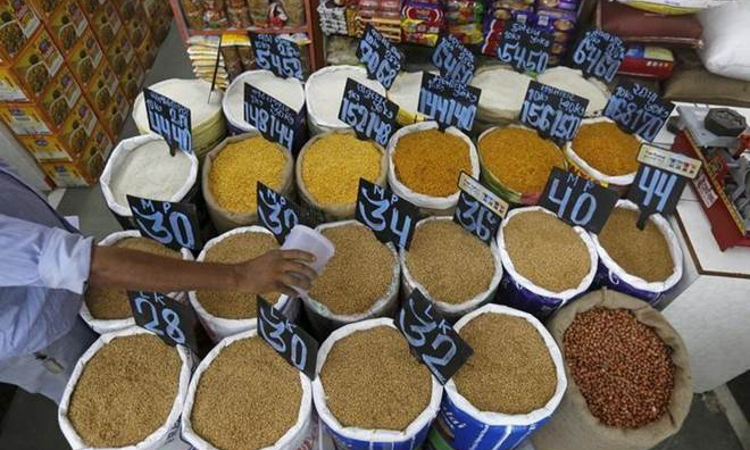Lack Of Aadhaar Linkage No Reason To Deny Benefits Under Food Security Act : Bombay High Court
LIVELAW NEWS NETWORK
5 Nov 2021 7:59 PM IST

Next Story
5 Nov 2021 7:59 PM IST
Noting that several tribals were denied supplies under the Public Distribution System due to the non-linking of their Aadhar Cards, even as the fortunates eagerly awaited Diwali, the Bombay High Court ordered the Tehsildar of Murbad to distribute supplies to nearly 90 tribals by November 4. In an interim order, Justices Prasanna Varale and Madhav Jamdar observed no logic, reason...
